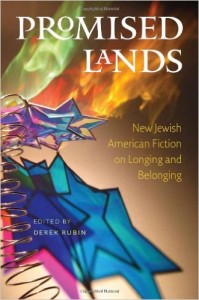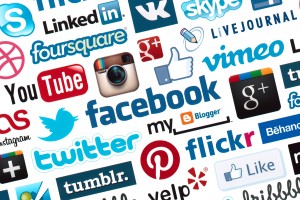There’s been lots of buzz lately on-line about how often even established authors get requests to submit their writing for free, or even speak somewhere for free.
The lure is “exposure.”
These pieces make me wince with recognition. I’ve been publishing fiction and nonfiction about children of Holocaust survivors for over thirty years and I’ve keynoted three international Holocaust conferences. I was traveling to Florida for a conference not so long ago, and months in advance contacted a local Holocaust Museum to let them know I’d be in town. I asked if they’d like me to speak there about my work’ given its recognition in the U.S. and abroad.
They did. But they had no interest in paying me even a token speaking fee for my time. Why? Because they insisted speaking there would get me good “exposure.”
I explained that I wasn’t a newbie, that speaking was work, that I planned all my talks and readings extensively. After all, I was a writer and this was my business, not a hobby. They didn’t bother replying.
I guess they thought I was nervy to ask to be compensated for my time. I’m happy to report, though, that this happens to me rarely. Now and then a new magazine might ask me to submit a story and say they’d be happy to “consider” it. I thank them for their interest, and say I don’t write “on spec.”
If an editor knows my work well enough to ask me for a piece, I’m delighted to edit it as much as necessary to make it meet her or his requirements. For one recent anthology, I did almost ten drafts of a story because I knew the editor, Derek Rubin was on target with his suggestions and I wanted to work with him to shape the story into something successful and polished. He was going to take the story once it was “done” and I loved working with such a gifted editor.
 But I don’t have the time anymore to supply people with material they can reject–that’s exposure I don’t need.
But I don’t have the time anymore to supply people with material they can reject–that’s exposure I don’t need.
Lev Raphael is the author of 25 books in genres from memoir to mystery which you can find on Amazon.
(updated 7/25/2015)


![[cover]](http://www.levraphael.com/images/cover_mygermany_152.jpg)